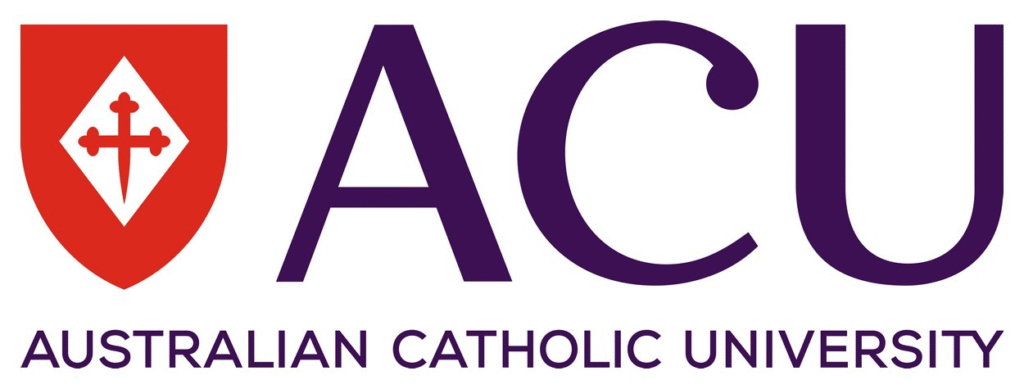6-8 August 2026
University of King’s College
Halifax, Nova Scotia, Canada
Following on the success of the “Malory at 550 Conference” of 2019, University of King’s College is hosting another Malory conference in scenic Nova Scotia. Proposals on any aspect of Sir Thomas Malory’s Morte Darthur are invited. Topics might include, but are not limited to, textual analysis, critical approaches old and new, fifteenth-century culture and English politics, source studies in English and French, the manuscript and early print context of the work, and historical and contemporary reception of the Morte. The conference is in-person only.
Please send proposals of 250 words, together with contact details, to Kathy Cawsey (kathy.cawsey@dal.ca) and Elizabeth Edwards (eedward2@dal.ca) by January 31, 2026.
This conference is sponsored by Arthurian Literature, and by the Early Modern Studies Program and Foundation Year Programs of the University of King’s College. Details on accommodation and events to follow.





